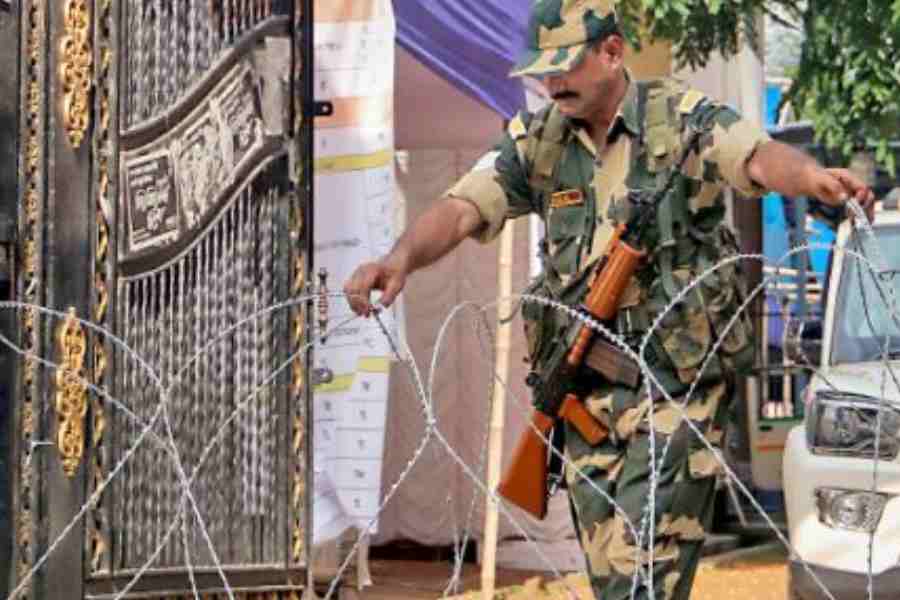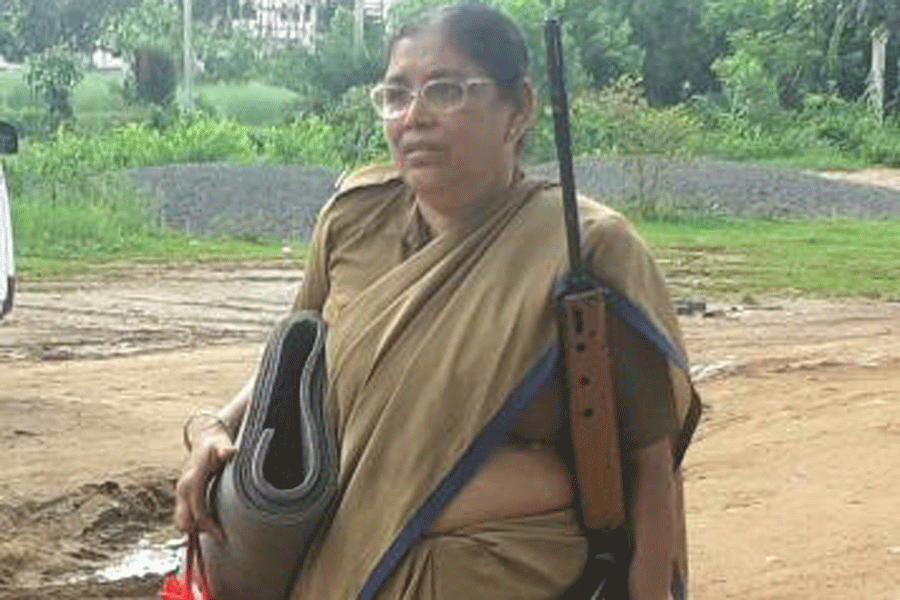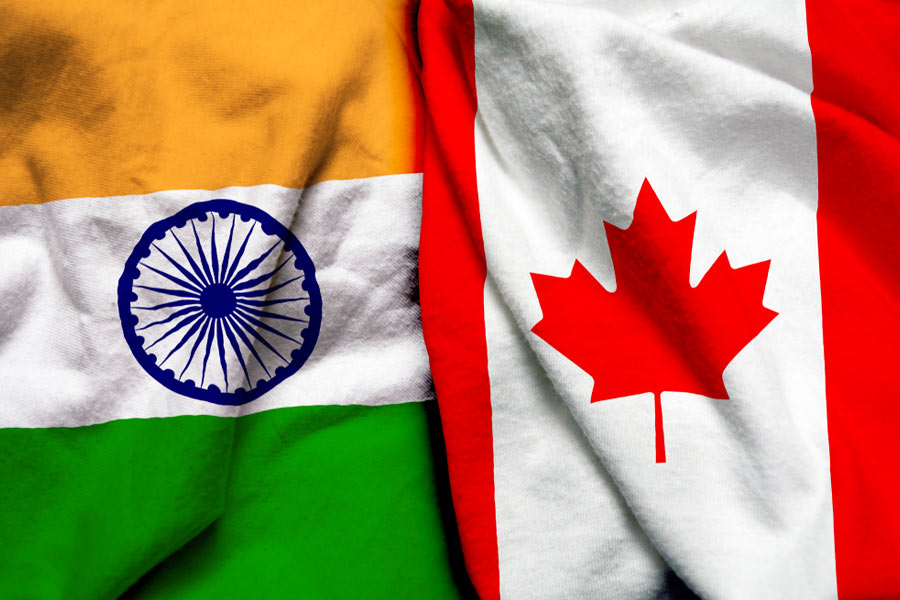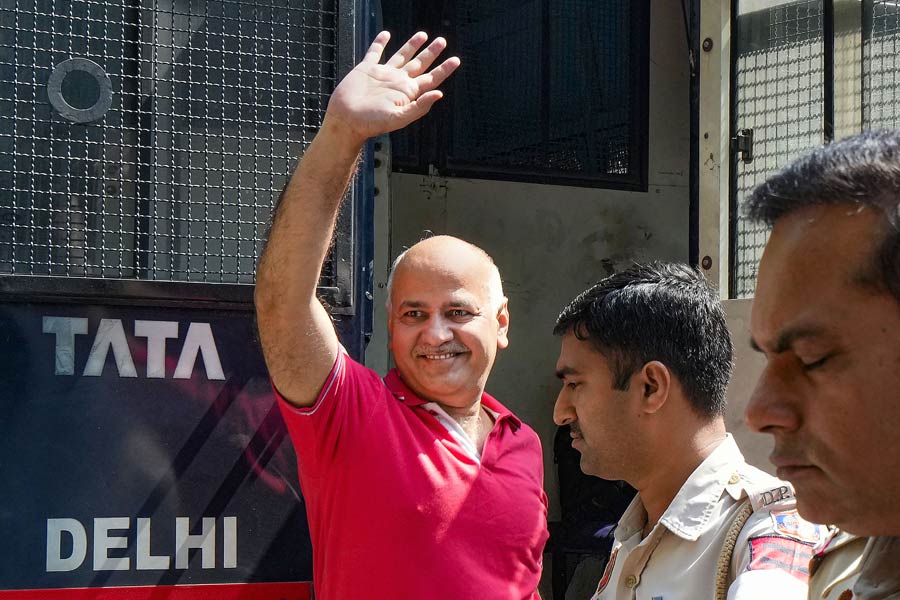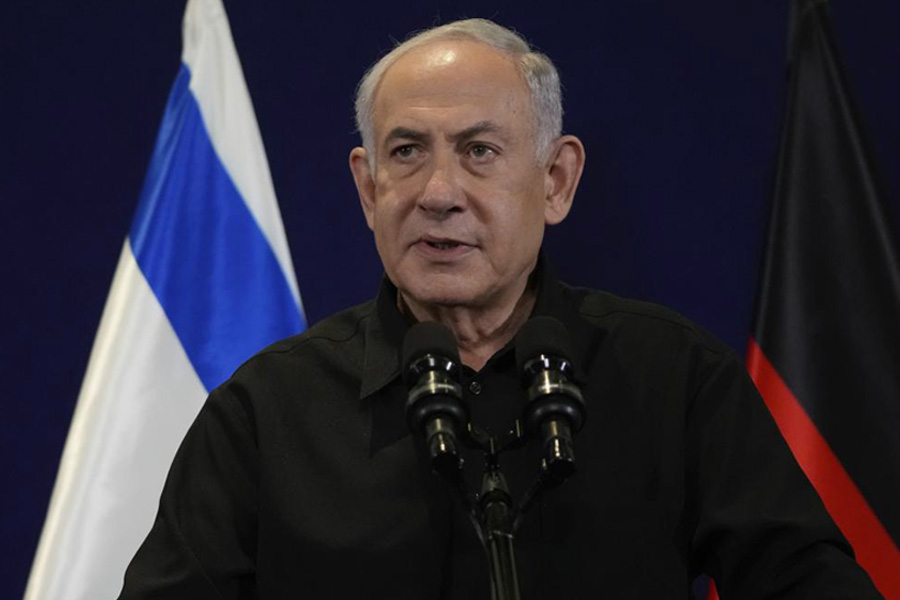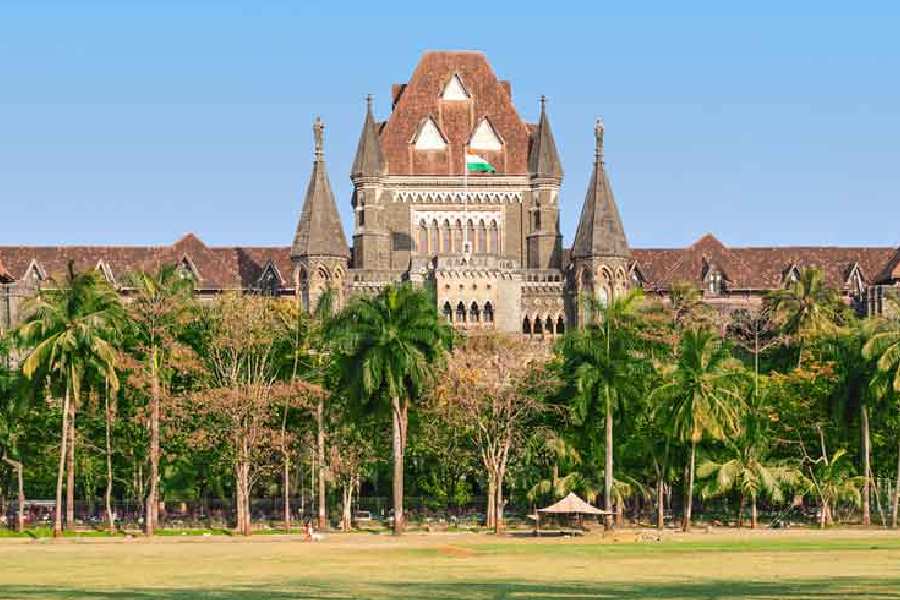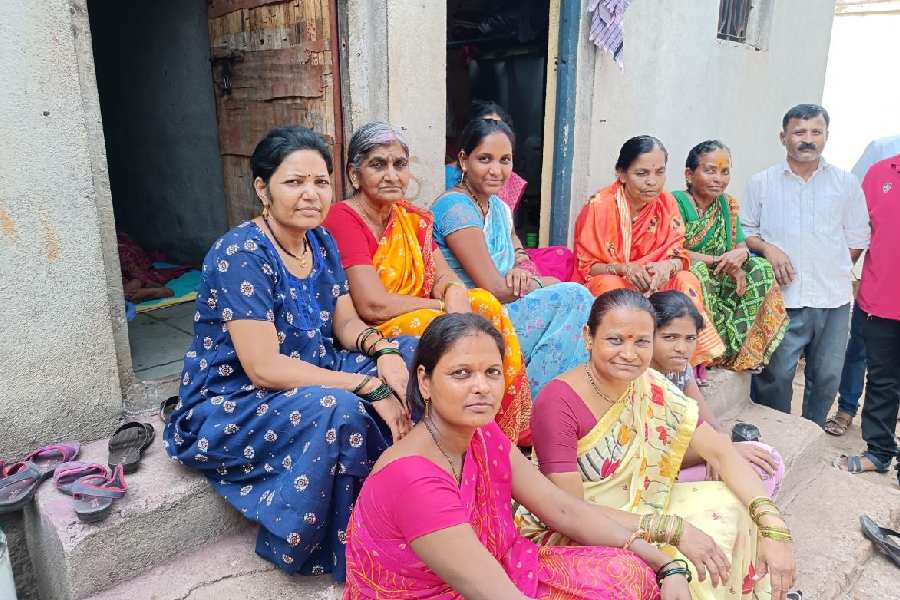The BSF coordinator for the deployment of central forces for Saturday’s Bengal panchayat elections never received a list of the sensitive booths from the state election commission despite several reminders, a BSF official has claimed, but the state poll panel chief called this a “wrong allegation”.
“We have been seeking for (sic) the list of sensitive booths from the state election commission since July 5 through several letters,” BSF deputy inspector-general S.S. Guleria was quoted as saying in an interview with ANI on Sunday. The BSF inspector-general was the coordinator for the central forces.
“We held a few coordination meetings. In a reply to one of our letters, we were informed that out of a total of 61,636 polling booths, 4,834 were sensitive but no details about them were provided,” Guleria said.
State election commission head Rajiva Sinha told The Telegraph: “Wrong allegation. List of sensitive polling stations was provided to them by DM/ SP (district magistrates and superintendents of police) as was decided in the meetings with them.
“The same was done with state armed police (Bengal). We provided the numbers district-wise. It is recorded in our communication with IG BSF also. They confirmed too. If this was not the case, how come they placed their force at every sensitive polling station?”
The central forces had largely been invisible amid the violence on Saturday that claimed 18 lives, a trend highlighted by both the ruling Trinamul Congress and the Opposition parties. Guleria’s comments were clearly aimed at deflecting the blame for the mayhem on the state poll panel and the Bengal administration.
“We were told that district magistrates and police superintendents at the ground level will inform us about the location of these sensitive booths,” he said.
“The monitoring about deployment of forces in sensitive booths that should have happened from the level of the force coordinator did not take place.”
Guleria suggested that had the coordinator been provided with the list of sensitive booths, the central forces could have reached them earlier and carried out proper area domination.
“There was no casualty in places where the central forces remained deployed. In one or two places where hooligans tried to disrupt, the forces handled the situation very professionally,” Guleria said.
“We had to fire two rounds in the air at one place and at another a stun grenade had to be used to disperse the crowd. The BSF captured five persons in a booth when they were trying to capture it and handed them over to the state police.”
A senior IPS officer questioned the state poll panel’s assessment of the number of sensitive polling stations.
About 9.9 percent of the 5,438 booths in Murshidabad were identified as vulnerable (sensitive). The district witnessed five deaths on Saturday.
Of Howrah’s 3,031 polling stations, 353 were marked vulnerable while 317 of Cooch Behar’s 2,385 polling stations were so identified. Both districts witnessed widespread violence and malpractice.
“There was some error in the way booths were assessed for their vulnerabilities. It can’t be based on the records from the previous elections alone,” the IPS officer said, seeking anonymity.
“There are several other considerations, including the location of a booth and the political situation.
“The forces were deployed at the (officially identified) vulnerable booths on Saturday but since there was an error in assessment, the results did not show.”
Sinha, however, told this newspaper: “In any case, with the decision of hon’ble (high) court there was no distinction between sensitive and non-sensitive booths. All booths were to be provided with CAPF (central armed police forces). Later on, hon’ble court talked about feasibility (of such a measure). Still, all sensitive booths were provided with CAPF first.”
The state election commission had demanded 822 companies of central forces from the Union home ministry. By 11am on Saturday, 649 companies had reached the state.
A team of 73 Punjab police personnel had reached Bhangar around 4pm, by when polling across most of the booths in this politically volatile pocket had been over.
State Congress president Adhir Ranjan Chowdhury alleged on Sunday that the Centre had helped the ruling Trinamul by ensuring the central forces were deployed late and left inactive.
“It was part of an understanding between Didi and the Centre — the way the central forces were deployed gave Trinamul an edge in the polls,” Chowdhury said. “Central forces reaching at noon on polling day! The state BJP leaders should rise in protest.”
The state BJP has accused the Bengal government and the state poll panel chief of deliberately keeping the central forces away from the action. Suvendu Adhikari, leader of the Opposition, said the Bengal BJP would make sure that “this is the last election under the leadership of Mamata Banerjee” in Bengal.
Trinamul said the poll violence was the result of provocation by the Opposition and the governor, whom it accused of acting as a BJP spokesperson.
“Some incidents have occurred. There were provocations from different corners by the Opposition and the most respectable governor, who acted as the BJP’s spokesperson, and as a result these incidents took place,” Trinamul leader and minister Chandrima Bhattacharya said. “All deaths are tragic but Trinamul Congress workers and candidates have been victims too.”

